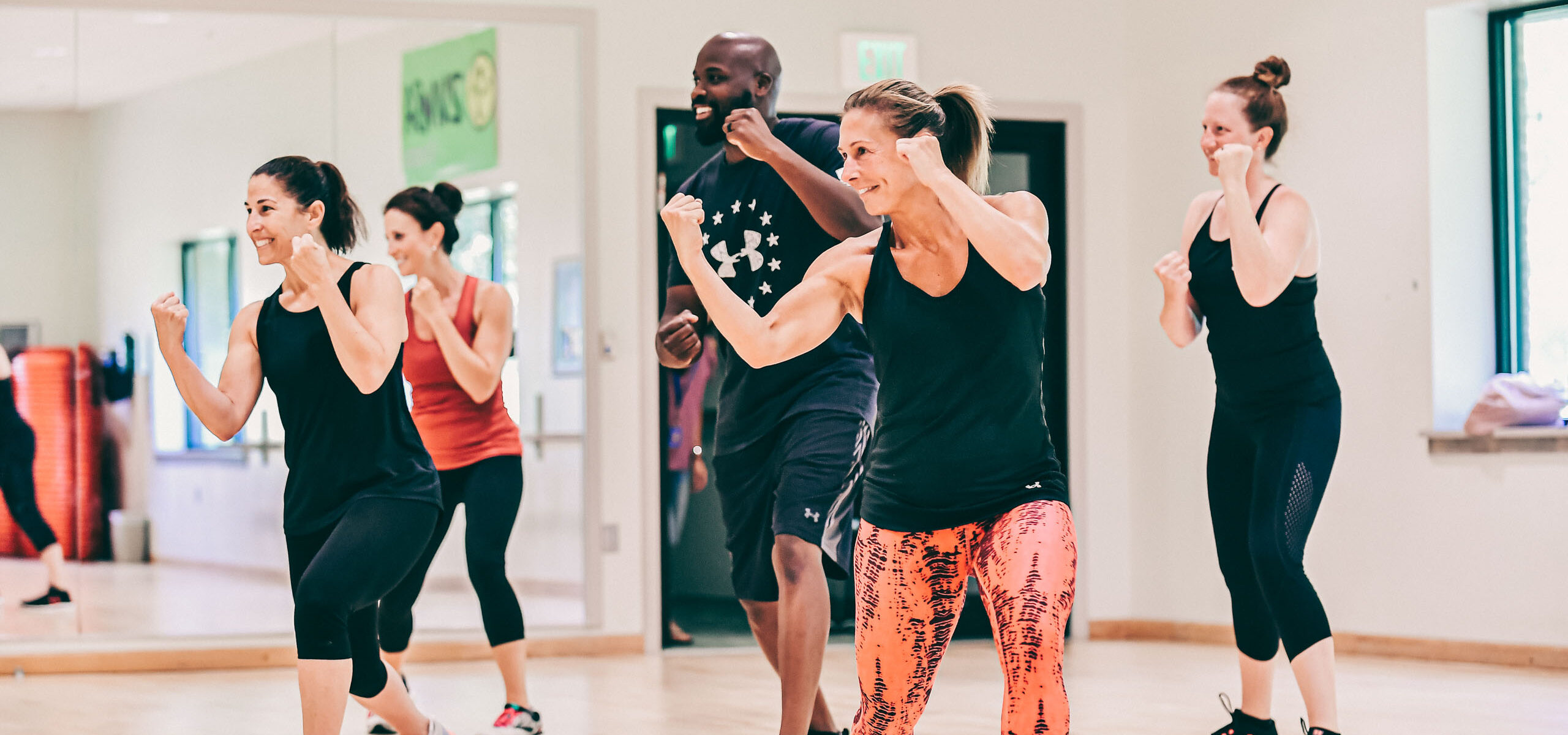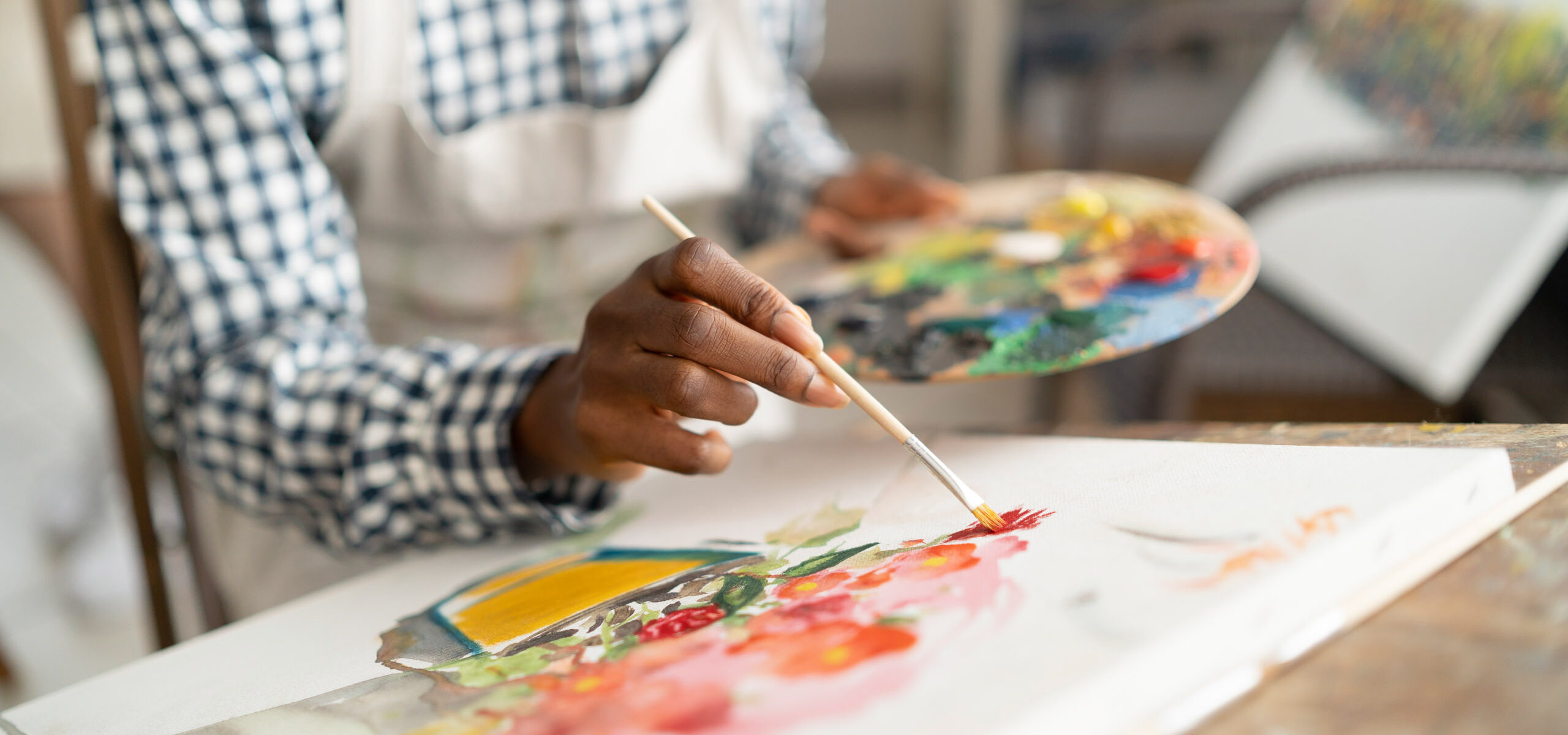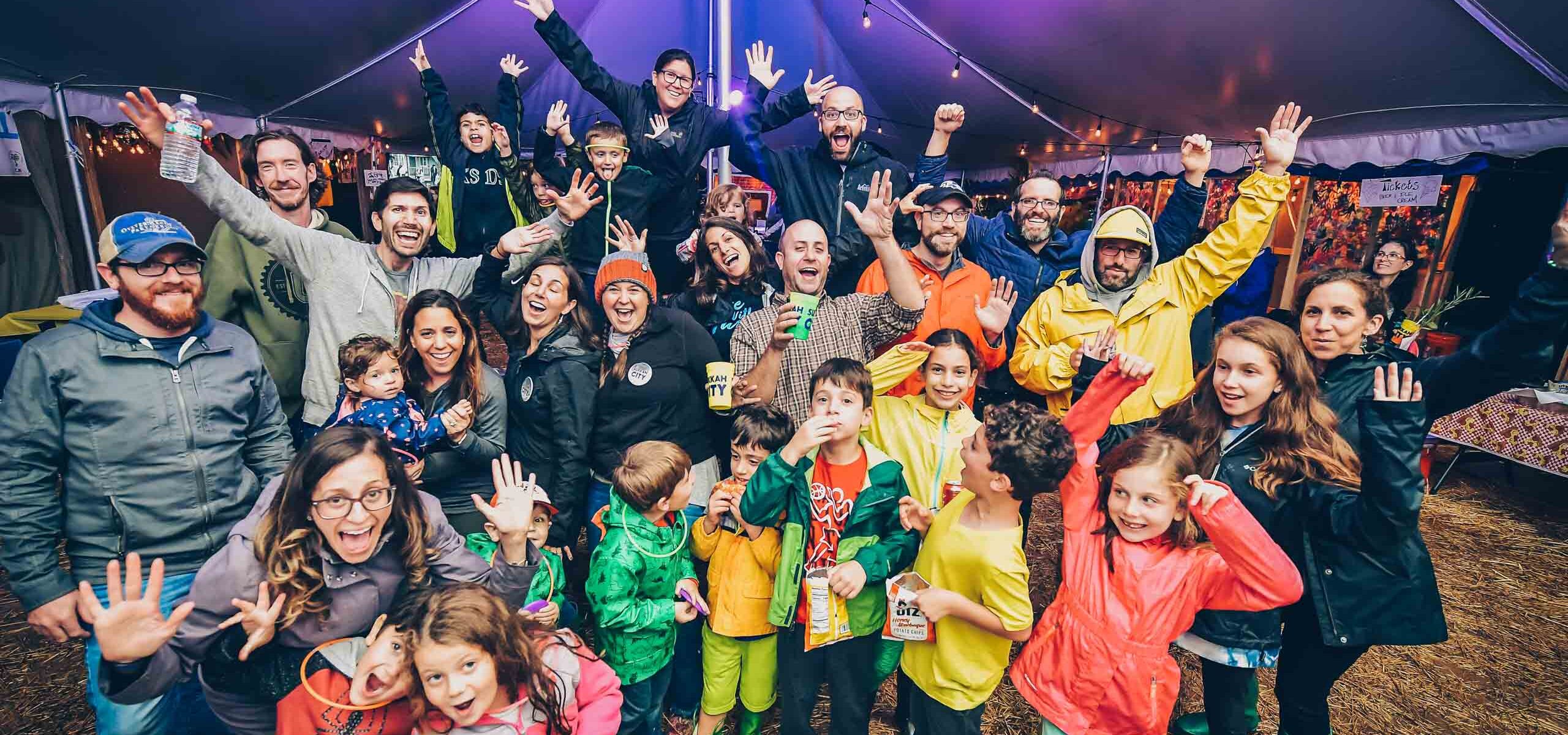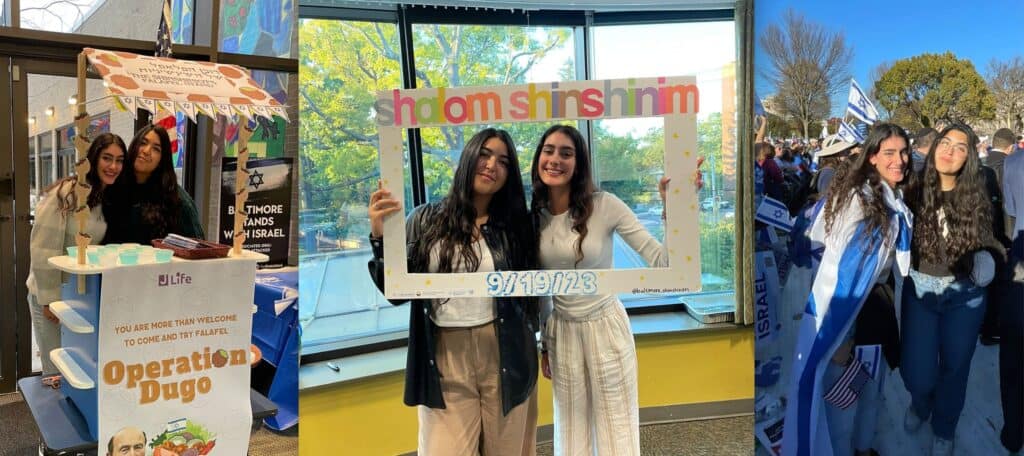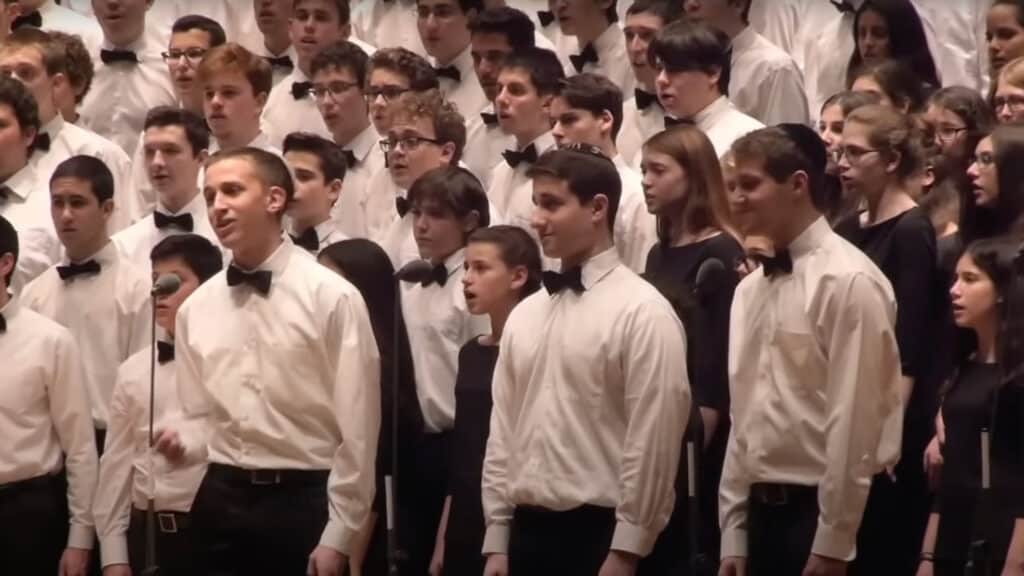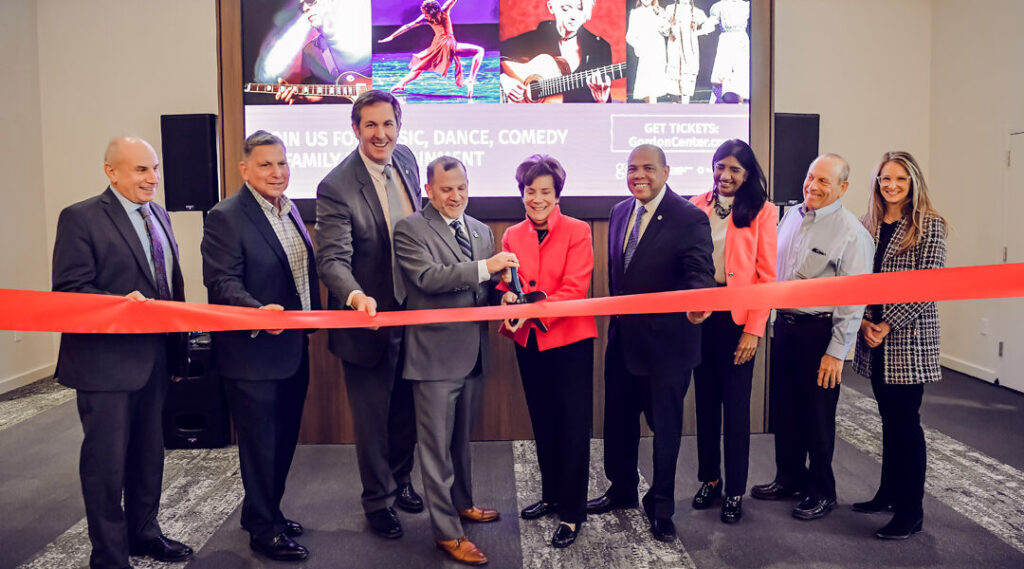Israeli Radio LIVE at the Gordon
We speak with the founder of Israel Story about this popular Israeli podcast.
 Coming to the Gordon on November 7 at 7:30pm, Israel Story LIVE uses the timeless power of stories to provide an intimate glimpse of modern Israeli life. In a dazzling combination of radio-style storytelling, music, singing, video, and other mixed media magic, Israel Story LIVE tells the stories of Israelis from all over the country.
Coming to the Gordon on November 7 at 7:30pm, Israel Story LIVE uses the timeless power of stories to provide an intimate glimpse of modern Israeli life. In a dazzling combination of radio-style storytelling, music, singing, video, and other mixed media magic, Israel Story LIVE tells the stories of Israelis from all over the country.
Last week the editors of J Blog had an opportunity to catch up with Mishy Harman, the founder of Israel Story:
1. Where did the idea for Israel Story come from?
Almost five years ago, on the eve of returning to Israel to begin my doctorate, I bought a blue Ford Focus station wagon in Cambridge, MA, and set off on a 13,000-mile-long road trip all over America (with Nomi, my dog). My best friend Roee, who for months had been mentioning something about “really interesting podcasts,” downloaded nearly three hundred episodes of one of them, ‘This American Life,’ to my phone. “Just in case you get bored along the way,” he said. And indeed, after days of endless listening to NPR, Christian radio, local weather reports and books on tape (Obama’s ‘The Audacity of Hope’ was, I think, my favorite), I began to tune in to Ira Glass and his talented team of storytellers. The experience was enchanting. While driving through rural Mississippi, I was suddenly transported to lives in Chicago’s inner city ghettos, or to farms in Southern California, or to board rooms on Wall Street. It was riveting, and exciting, and like nothing I had ever experienced before. And that’s when I thought that Israel – the land of aggressive interviewers going at it with the same two dozen politicians day in and day out – could be the perfect place to try out this model of life-sized, human-interest stories. In a country full of diverse background and traditions, and full of storytellers on every corner, this seemed like a natural fit.
2. Your live performance, Israel Story LIVE, has been referred to as “magical live radio.” What makes Israel Story Live “magical”?
When we began producing episodes of the radio show, first in Hebrew and later on in English as well, we kept on saying that one of the best aspect of the whole project was that no one could ever see us. And that nothing was ever live. We could go into the studio, record a take, then another, and then a dozen more, go home, decide we didn’t like any of them, go back into the studio, rerecord, edit. And even when our audience grew, and hundreds of thousands of people started to listen to our stories, we were as anonymous as we had been the day we began. So the transition to live shows, in front of live audiences, was not easy to stomach at first. Basically, we had to think of a way to take what was a very personal experience – listening to stories coming out of earphones or out of your transistor radio – and make it a communal activity, something that is theatrically interesting. To do so, we have had to expand our horizons, and think not just of the story itself, but also of its presentation. We constantly try out new artistic mediums, and have already incorporated live animation, stand-up comedy, live music, video art, dance and many other art forms into our shows. In one of our previous shows, for instance, we worked with a Broadway musical director to make one of our stories into a mini-musical. It is always an experiment for us, and there is indeed something “magical” in the way that stories assume a new life on stage.
3. How do the stories presented in Israel Story LIVE illuminate modern Israeli life?
This is our fourth live show in English (each has had multiple tours and performances, all over the country). While we are not political pundits, or Nate Silver-like predictors, we decided to focus on stories of Israeli women for this tour, which coincides with the upcoming elections. As with all our shows, the stories try to present a cross-section, or slice, of Israeli society. We have stories of Jews and Arabs, old women and young women, religious women and secular women, from all over the country. No show can ever fully cover the colorful human mosaic of modern Israel, but we always try to tackle themes from various angles, and give a glimpse of our nuanced, fascinating and contradictory country. The Israel we wish to present does not conform to the “usual” narratives about the region: Israel is neither a place of violence and terror, nor solely a start-up nation and Middle Eastern Silicon Valley. Instead, it is a real place, with real people telling stories of their real lives. They are touching and complicated, heart-warming and hilarious, poignant and thought-provoking.
4. Don’t ruin any surprises but we’re all a bit curious: What kind of stories will you be telling at the Gordon Center?
So this show – “That’s What She Said” – focuses on Israeli women. We will be telling five stories, a mixture of stage adaptations of some of our favorite stories that aired on the show, alongside some new stories that we just recorded. We will begin with my hard-of-hearing-99-year-old grandma, and end with an unlikely tale of friendship between bitter enemies. In between, we will hear about growing up in the shadow of the Holocaust, about a life-changing transition from the heart of the Chabad world to secular Tel Aviv, and about life as a woman in a traditional Bedouin community.
5. You began as a podcast and evolved into a live radio show. How did that evolution occur?
Well, the truth is that it happened by chance. A year-and-a-half ago we were approached by the JCC Manhattan to come perform on Yom Ha’Atzmaut, Israel’s Independence Day. We had no idea how to adapt our show to the stage, and basically made wild guesses all the way. We put on a show called “Herzl 48,” in which we went and knocked on the doors of all the people that live at 48 Herzl Street, all over Israel, from Kiriyat Shmona in the north to Dimona in the south. We had no idea how the show would be received, and whether the transition to the stage would work. Luckily, it deeply resonated with people, and offered a new and refreshing way to connect, or reconnect, to Israel.
6. You’ve been called “the Israeli This American Life.” Did you intentionally model your show after This American Life?
Yup. Absolutely. The very first time I met Ira, in his NYC office, I came into the room, and – utterly startruck – said hello. Ira looked right at me and, without missing a beat, said, “oh, are you the Israeli who’s ripping off my show?” So, yeah, that was our starting point. And indeed, we learned a lot of the tools that guide us from shows like This American Life, Radiolab, and others. Over time we began to find our own voice, and I like to believe that we are now creating our own style of storytelling.
